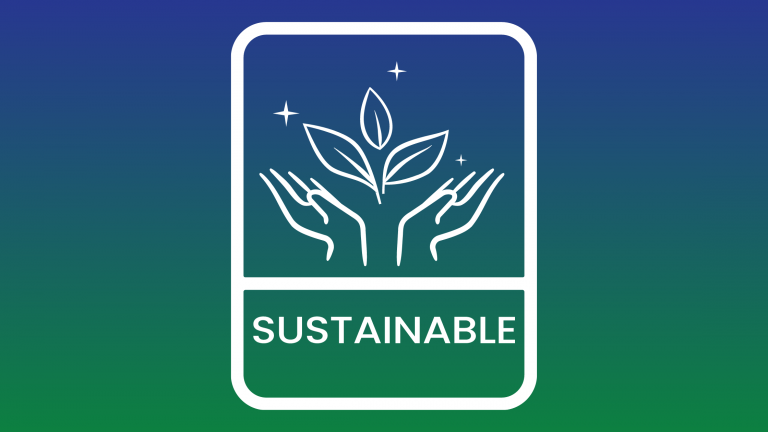
In today’s business landscape, sustainability has become more than just a buzzword; it has emerged as a compelling strategy for businesses to thrive in the long run. With the adoption of Environmental, Social, and Governance (ESG) practices, companies are not only enhancing their competitiveness and attractiveness but also maximizing their profitability. However, the responsibility of driving sustainability does not lie solely on businesses. Consumers, equipped with purchasing power, are increasingly demanding sustainable commitments from products and services. Together, businesses and consumers can create a more sustainable future.
ESG encompasses a risk management strategy that involves adopting environmentally favorable practices, engaging in socially responsible activities, and embracing ethical governance. Executives are implementing these practices to minimize risk and outperform competitors. Companies are now “rebranding” their ESG practices, focusing on specific actions taken rather than just the buzzword itself (Corporate America is Rebranding ESG). By mid-2022, more than 50% of businesses had already implemented a sustainability strategy, recognizing the need to comply with regulatory requirements and meet consumer and stakeholder demands (Why Sustainability is Crucial for Corporate Strategy).
Sustainability makes good business sense. A survey of 200 firms revealed that deals could be canceled if the target business lacked ESG performance (Over Half of M&A Dealmakers Have Cancelled Deals on ESG Due Diligence Findings: KPMG Survey). Moreover, more than half of the respondents expressed a willingness to pay a premium for businesses that were meeting their ESG targets (Over Half of M&A Dealmakers Have Cancelled Deals on ESG Due Diligence Findings: KPMG Survey). Businesses generate revenue by performing daily operations, but to maximize profits, some opt to sell or merge with other companies. Proper due diligence is crucial in evaluating a company’s financial performance and operations. The integration of ESG performance into the due diligence process has become a determining factor in sealing successful deals (Over Half of M&A Dealmakers Have Cancelled Deals on ESG Due Diligence Findings: KPMG Survey).
Consumers are increasingly aware of the environmental and social impact of their purchasing decisions. They are using their buying power to promote sustainable commitments from businesses. A large percentage of consumers demand socially responsible practices and materials, such as biodegradable and recyclable products and packaging (Consumers Care About Sustainability—and Back It Up with Their Wallets). To stay relevant in the market, businesses must meet these expectations. By embracing sustainability practices and making them a core part of their operations, companies can attract environmentally conscious consumers and gain a competitive edge.
Both businesses and consumers play a crucial role in driving sustainability. Businesses can make a significant impact by adopting sustainability policies, influencing supply chains, and acting on those policies. By integrating ESG practices, companies can reduce their environmental footprint, improve social outcomes, and strengthen their governance structures. Additionally, businesses can educate consumers about their sustainability efforts, empowering them to make informed purchasing decisions.
Consumers can contribute to sustainability by making conscious choices. By supporting businesses that uphold sustainable practices and opting for environmentally friendly products, consumers can drive market demand and encourage companies to prioritize sustainability in their operations. Small everyday actions, such as reducing waste and conserving resources, also play a vital role in creating a sustainable future.
Whether the term ESG is used or not, sustainable practices have become imperative for businesses looking to thrive in today’s world. By embracing sustainability as a practical method of conducting their work, companies can not only enhance productivity but also comply with regulatory requirements and meet consumer and stakeholder demands. Simultaneously, consumers have the power to drive sustainability through their purchasing decisions and everyday actions. Together, businesses and consumers can pave the way for a more sustainable future, where environmental consciousness and social responsibility are integral parts of our lives.
